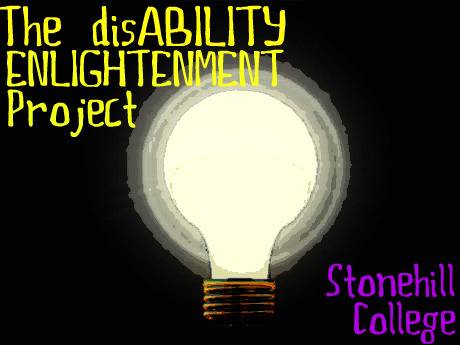
So clearly the health care reform has been a hot topic in the past week because the new bill-The Patient Protection and Affordable Care Act was signed into law by Barack Obama on March 23, 2010 and he signed the Health Care and Education Reconciliation Act on March 25, 2010. These are events that will go down in history and change the scope of health care in America forever.
According to the white house website, this is what health care reform means in simple terms:
Health reform will make health care more affordable, make health insurers more accountable, expand health coverage to all Americans, and make the health system sustainable, stabilizing family budgets, the Federal budget, and the economy:
* It makes insurance more affordable by providing the largest middle class tax cut for health care in history, reducing premium costs for tens of millions of families and small business owners who are priced out of coverage today. This helps 32 million Americans afford health care who do not get it today – and makes coverage more affordable for many more. Under the plan, 95% of Americans will be insured.
* It sets up a new competitive health insurance market giving millions of Americans the same choices of insurance that members of Congress will have.
* It brings greater accountability to health care by laying out commonsense rules of the road to keep premiums down and prevent insurance industry abuses and denial of care.
* It will end discrimination against Americans with pre-existing conditions.
* It puts our budget and economy on a more stable path by reducing the deficit by more than $100 billion over the next ten years – and more than $1 trillion over the second decade – by cutting government overspending and reining in waste, fraud and abuse.
So you're probably wondering why I am posting this in my disABILITY blog. What does health care reform have to do with disABILITY rights? Well, it actually has a whole lot to do with it. I've talked before about how the idea of disability does not just extend to what society perceives to be a mental, emotional, or physical disability. I think the U.S. government was previously "disabling others" when those 32 million Americans could not afford health insurance and quality health care.
I also think another very important piece of the health care reform bill is that it will end discrimination against Americans with pre-existing conditions. There are countless instances of Americans being denied coverage because of a "pre-existing condition" and because of this they could not obtain the proper care they needed, and this resulted in outcomes as serious as death. Here is a story that happened just this past week about a newborn dying because his application for health care was denied, since the new health care reform bill does not actually go in effect until September. If denying someone care because of a pre-existing condition is not considered to be an act of disabling others, then I don't know what is. This new bill will stop discrimination against people with various disabilities.
Personally I think health care reform is a great thing and an awesome move in the right direction for the disability community, but obviously I am just writing this as a personal opinion and this is not necessarily the opinions of everyone in the disability community or even the disABILITY Enlightenment Project. Feel free to comment with your own opinions!


